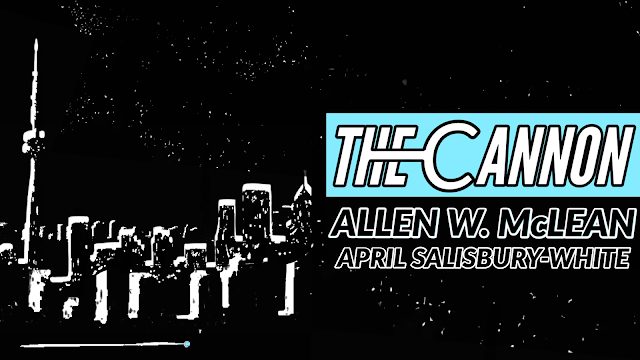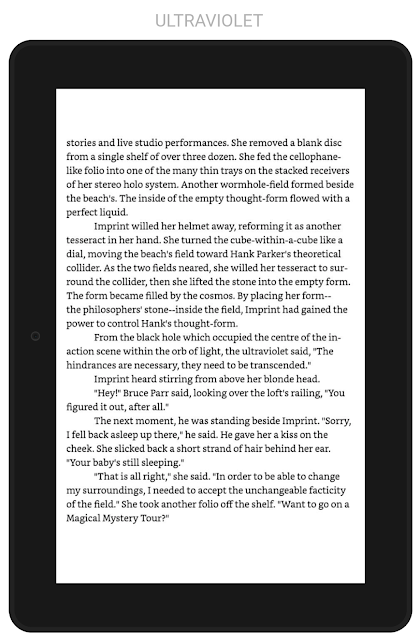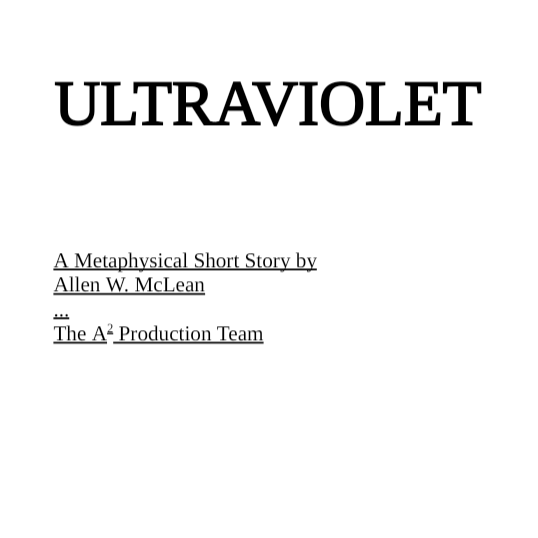[Lots of spoilers ahead]
Hello readers,
I admit, I had little interest in The Queen’s Gambit when its Netflix series was first released, but I was curious enough about chess to read the book and see what the hype was all about, and let me say, the story lives up to it.
I really enjoyed reading The Queen’s Gambit, this book was hard to put down, and the chess in the game was really fun to follow in my head.
Chess prodigy Elizabeth Harmon was an orphan at the Methuen Home in Kentucky. She learned how to play chess from the orphanage’s janitor until she was adopted by a Mrs. Wheatley. However, the plot focused on Beth learning about different coping strategies, where her talent was affected by her growing substance dependency, which explored her anxiety from the get-go as potential worries such as never being adopted.
How Beth handled these bouts of restlessness and remorse were relatable and well written in a show-instead-of-tell manner. From a very young age, Beth struggled with tranquilizer usage, because of the orphanage’s dosing of the children, which foreshadowed Beth having to decide on committing to chess and to use it as a vehicle for exploring her anxiety over the other substances she encounters during her adolescence, described as a “troubled future” during her mother’s death. However, she could deconstruct the different affects; Beth was able to visualize both stressful scenarios and imagine every chess board she studied, which forced her to focus and become absorbed in the endless abyss of her own thoughts, but this allowed her to ignore the peripheral worries of playing rooms full of people at the same time, realizing and seeing that every move was a puzzle or like a target that she had to aim and fire at with her pieces.
Throughout the book, Beth defied all the expectations of the other characters while experimenting with different methods of dispelling the hindrances to achieving serenity, or otherwise concentrating and being absorbed in a task, methods such as getting drunk, making love, Methuen’s tranquilizers loosening the tension caused by the orphanage’s Mrs. Deardorff--even Beth’s master work at chess in her countless months studying (both alone and with others) was a method of achieving mindfulness and clarity.
She experimented as a method of dealing with the many forms of loss that she was experiencing, but she began to learn about how dependency affects one’s passions, her punishments being manifestations of their detriment to Beth’s ability to visualize chess, while her thieving habits displayed the extent she was willing to go in order to achieve her tranquility; even chess itself was first presented through Shaibel as a solitary activity which Beth had to study alone.
While Mrs. Wheatley enabled and condoned Beth’s behaviour, Wheatley helped Beth plan to compete internationally against the world’s best players. With the help of those around her, Beth rose to the top of the US chess scene, and each location employed great and simple use of differing colours for personal aesthetics. She had to travel to Mexico, Paris and then Russia to climb the ranks of state, national and international chess in order to defeat her idols. I enjoyed how Beth knew about Benny and Borgov among many others before meeting and literally transcending them in skill.
Though, displaying the duality of idealism, as in how it can be a hindrance and a benefit, she lost to Borgov in Mexico, where Mrs. Wheatley died soon after in their hotel room; full spoiler, but I loved how Wheatley’s and Sheibel’s deaths were rough, and how Benny’s return was great.
Beth lost to Borgov a second time in Paris; she tried her best to study and to focus on chess, but her drinking desire took over where she got so drunk that she lost a state tournament, and her ability to visualize became hindered as she suffered a downward spiral after ignoring what was causing her to suffer, burying her feelings with the serenity of chess, love and booze.
Beth handled being alone hard, and she had spiraled at the cost of her grip on her champion title. She had to learn the hard way to cope alone, where she decided to be honest with Jolene, an old friend from Methuen, and work out with her to get back into shape; what I liked about this was that Beth’s refusal of the church’s money was less a commentary on her religious stance and was more symbolic about her deciding to handle her problems herself, even in the paradoxical way of accepting help from one’s loved ones. Despite the help of her best friend, Beth ended up having to go to Russia virtually alone.
The story-beats and its themes were solid, parts of her childhood stuck with her the whole story such as being called ugly and the memory of her biological parents, but I think I wanted the Borgov match to be the climax of the story (or at least I had anticipated it to be), however the main conflict was with her dependency, and her overcoming her anxiety had acted as the story's climax while Borgov and the chess plots were mere vehicles to drive that plot forward, which highlighted the best part of the book--the way chess was shown to be another artistic and creative medium like any other form of idea.
Beth traveled to Russia to face Borgov and was able to find serenity and concentration amid her final match. She had learned to love the game that brought her the same peace that so many substances had struggled to achieve without hindrance. It came as little surprise that she managed to beat Borgov, playing the Queen’s Gambit against him, but she was able to build up the nerve to do so without aid and had overcome her anxieties to focus on the game, without distractions--including the unbeatable players that she was winning against.
Thank you for reading, please share your thoughts.
Allen W. McLean
...
Need more Bite-sized Insights to relieve your stress and suffering?
 |
| Banner: The Cannon by Allen W. McLean |
Readers can follow HaikuPrajna and Electric Armchair via our emailing lists (on Medium, Patreon, LinkedIn and more) for mindfulness meditation scifaiku and haiku poetry based on book reviews and on previews of metaphysical stories such as "Escape Perennial City" (available on Kindle Unlimited); https://haikuprajna.blogspot.com/p/follow-on-social-media.html
As a free gift, all readers get an Amazon Kindle ebook short story every week on Free Fridays and Mondays--selection rotates every few weeks, so follow via email to collect them all! https://www.amazon.ca/Allen-W-McLean/e/B0867C5D24
Thanks to you, over 700 followers have joined us on Medium! If anyone reading this needs followers to stay in the Medium Partner Program, I am asking you to please follow me (and sign up for emails!) and I'll follow you back! My short stories "Ado the Owl" and "Hector Blake" are available to read for FREE on Medium!
Leave a comment with books you would like to see reviewed and I will add them to my Goodreads!!
Follow me here : www.goodreads.com/author/show/19557396.Allen_W_McLean
April's latest psychedelic music videos, art and poetry available on all streaming platforms; Electric Armchair - Living Ghosts (FULL ALBUM) : distrokid.com/hyperfollow/electricarmchair/living-ghosts
"ULTRAVIOLET" is available as an eBook through Amazon Kindle apps and devices; read right now with Kindle Unlimited : https://haikuprajna.blogspot.com/p/ultraviolet.html
Kindle ebooks can be read on any device with a web browser at www.read.amazon.com
These poems will be collected in future editions of the HaikuPrajna Collection.

.png)






